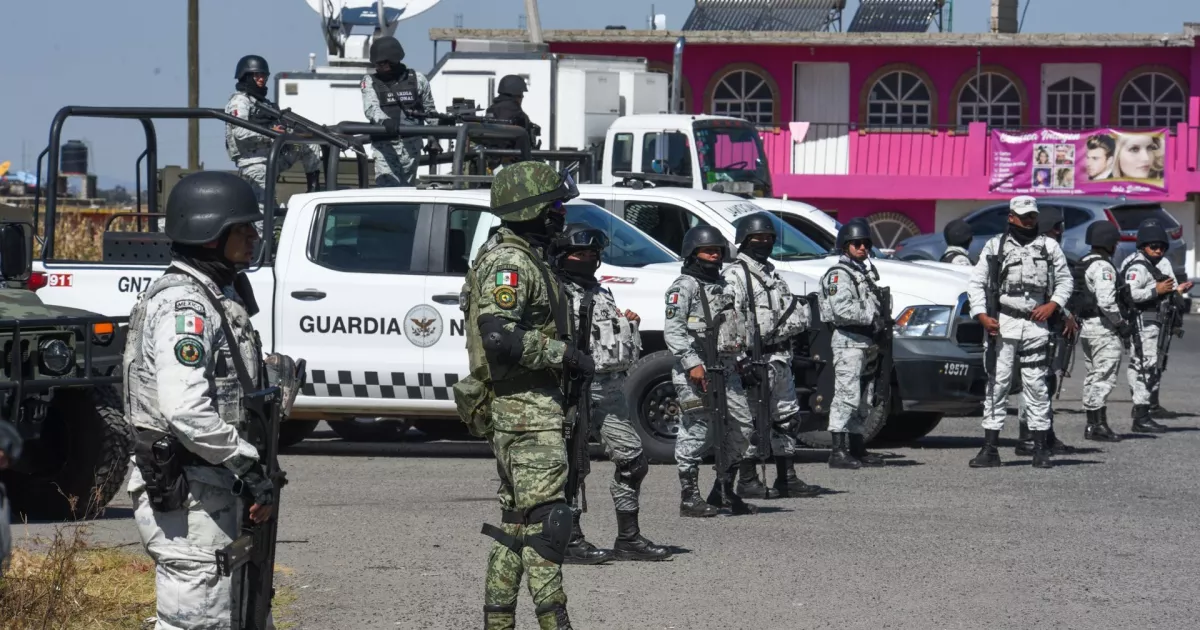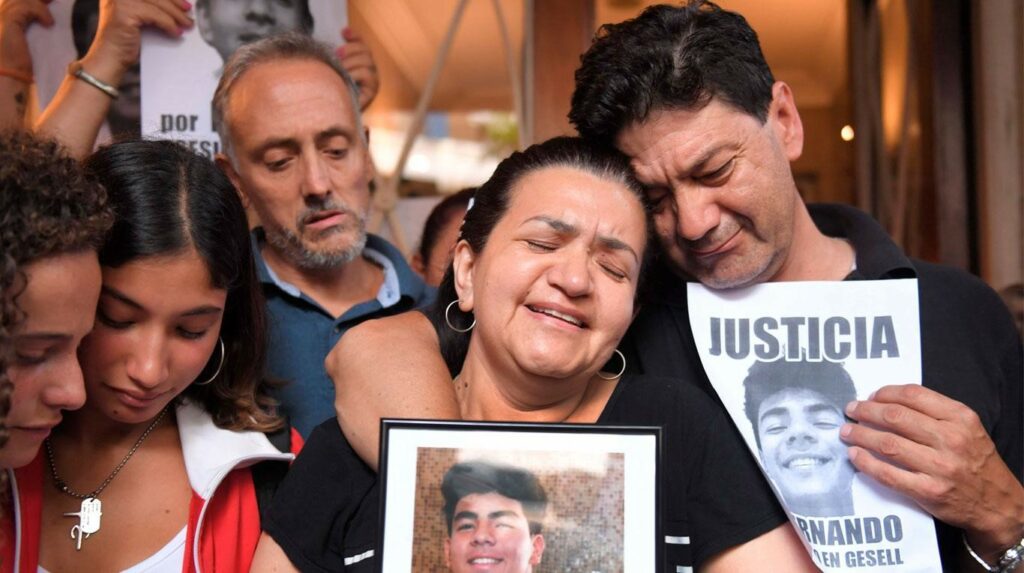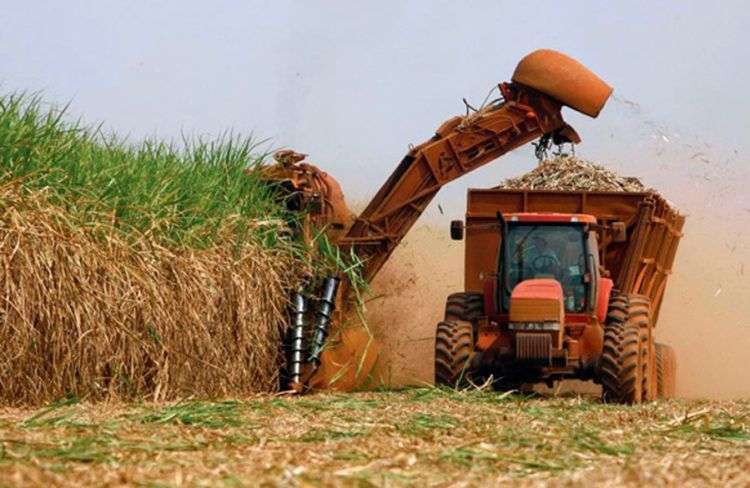His release angered the military and caused consternation within the government and the United States, according to officials, fueling criticism of López Obrador’s strategy of avoiding direct confrontations with criminal groups.
But the recapture of Guzmán, who is blamed for helping fuel a spike in opioid deaths in the United States just as President Joe Biden and Canadian Prime Minister Justin Trudeau are due to travel to Mexico for the summit could hardly have happened. at a better time, analysts and officials said.
(SEDENA/Reuters)
“It’s an advantage for him at the national level and an advantage for him with the Americans,” said Jorge Castañeda, a former Mexican foreign minister and a prominent critic of the president.
Yet the arrest, one of the few major lootings López Obrador has claimed, is unlikely to herald a sea change in the battle against organized crime unless his administration is more aggressive in going after criminal insiders. , according to analysts.
The ruler took office in 2018 and vowed to curb violence by criminal gangs. Instead, the number of homicides increased under his tenure and now he is about to exceed the total registered in the entire previous six-year term.
And while López Obrador is wildly popular, his crime-fighting record has always been viewed critically by voters.
In a newspaper poll The financial published this week, security again emerged as its biggest weakness, with 52% of respondents saying the government was doing a bad job, compared with just over a third arguing otherwise.
The president’s overall approval rating has hovered near 60% for months, and he hopes to lend his popularity to help his party’s nominee, to be chosen this year, secure victory in the 2024 presidential election.
Mexican presidents can only serve a single term.

(Darkroom)
Goodwill
López Obrador’s attitude towards the Sinaloa Cartel has aroused suspicion, particularly when he decided to greet the mother of “El Chapo” on a trip to Sinaloa in 2020.
Raúl Benítez, a security expert at the National Autonomous University of Mexico, said that Ovidio’s detention should help assuage the frustration felt by the military at having to release him during the failed capture attempt in 2019.
Mexican security forces were never swayed by López Obrador’s “hugs and no bullets” strategy to fight crime and the successful operation against Guzmán showed that a more robust approach was what produced results, he added.
Now, Mexico needs to go after the Sinaloa Cartel’s main rival, the Jalisco Nueva Generación Cartel, or they would take over the lucrative market for the synthetic opioid fentanyl, Benítez said.
John Feeley, a former deputy chief of mission at the US Embassy in Mexico, said that unless authorities had a comprehensive strategy to take down the cartels and their front businesses, little progress would be made against fentanyl traffickers.
“Any big guy you take down is always welcome,” he said. “(But) until there is a coordinated takedown of first-, second-, and third-tier associates, as well as (…) ‘legitimate’ citizens collaborating in money laundering, all that is actually being done is putting on a show for a visiting dignitary,” he said.
Feeley was skeptical that enough pressure could come from Washington after Guzmán’s capture, arguing that US governments tend to subordinate all other interests to securing the US-Mexico border against illegal immigration.
However, there were signs of mutual goodwill after the capture.
Mexico’s government said Thursday night that Biden had decided to land for the summit at a controversial new airport, which has been one of López Obrador’s flagship projects, north of Mexico City that has so far struggled to secure air traffic.
Until before, Mexican officials had been privately skeptical that Biden would agree to land there.
(Reporting by Dave Graham; Translated by Noé Torres)















